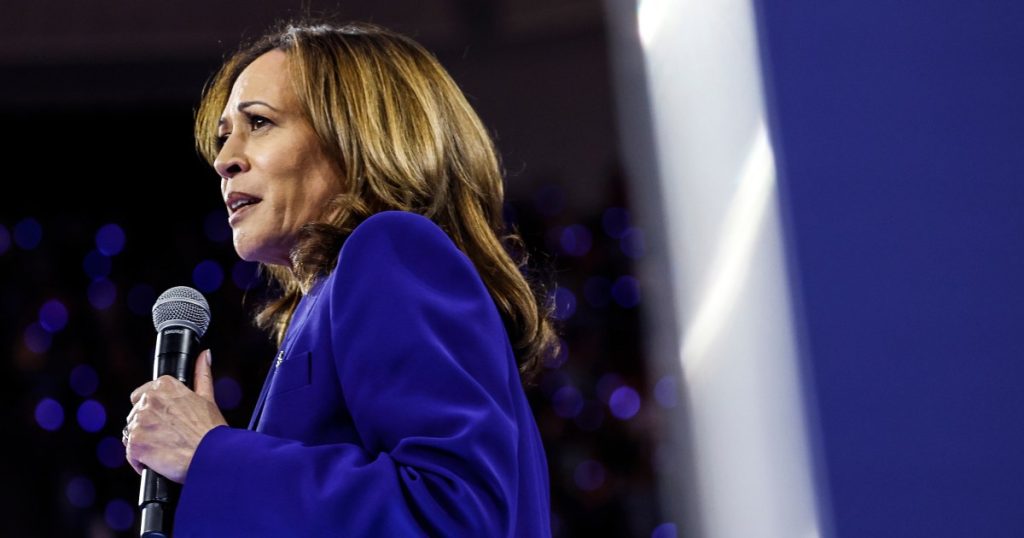The article discusses the recent Republican and Democratic conventions and compares their strategies and potential impacts on the election. The Republicans came out of their convention feeling confident and relieved, with former President Donald Trump surviving an assassination attempt and imbuing the event with a sense of unity. However, Trump’s acceptance speech missed the mark and failed to capitalize on the post-shooting halo effect, disappointing skeptical voters looking for a different side of him. The GOP focused on appealing to younger working-class men rather than making a direct appeal to the center of the American electorate, missing an opportunity to expand their tent.
In contrast, the Democrats have taken a different approach at their convention, making a direct appeal to skeptical moderates and trying to reassure them about the party’s direction. They have addressed concerns about becoming too “woke” and have made efforts to appeal to independents and disaffected Republicans. The tightly controlled convention aimed to present Vice President Kamala Harris as a candidate who could maintain conservative beliefs while being a Democrat. Despite pressure from some progressives, the Democrats stayed disciplined and did not give in to protester demands, maintaining a focus on presenting a united front.
The article highlights the historical impact of conventions on elections, noting that recent research suggests they are mostly viewed by existing supporters. However, it acknowledges the possibility that a convention bounce could have a significant effect on the race, as seen in past elections such as Bill Clinton’s in 1992 and Al Gore’s in 2000. The Democrats’ convention has generated confidence and euphoria about Harris, reminiscent of previous successful Democratic conventions that helped rebrand and propel the nominees to victory.
Looking ahead, the article raises concerns among Democratic strategists about potential outside events that could impact the race, such as government failures or increased violence in the Middle East. While Harris has won the summer and is currently leading the race, there is caution about whether this momentum is sustainable. Trump’s inability to focus on Harris and respond effectively to attacks should be alarming for Republicans, and there is speculation about how the campaign could evolve in the next 60 days. Despite Harris’s strong position at the moment, the unpredictable nature of the race necessitates a readiness for unexpected challenges in the future.


